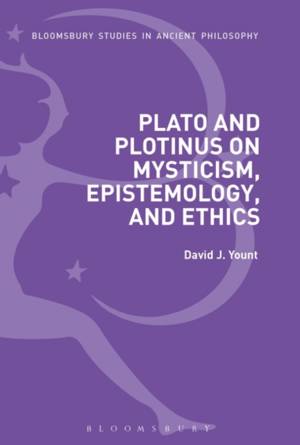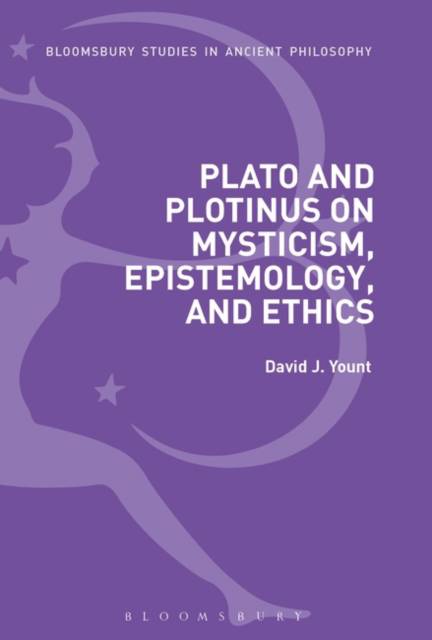
- Afhalen na 1 uur in een winkel met voorraad
- Gratis thuislevering in België vanaf € 30
- Ruim aanbod met 7 miljoen producten
- Afhalen na 1 uur in een winkel met voorraad
- Gratis thuislevering in België vanaf € 30
- Ruim aanbod met 7 miljoen producten
Plato and Plotinus on Mysticism, Epistemology, and Ethics
David J YountOmschrijving
This book argues against the common view that there are no essential differences between Plato and the Neoplatonist philosopher, Plotinus, on the issues of mysticism, epistemology, and ethics. Beginning by examining the ways in which Plato and Plotinus claim that it is possible to have an ultimate experience that answers the most significant philosophical questions, David J. Yount provides an extended analysis of why we should interpret both philosophers as mystics. The book then moves on to demonstrate that both philosophers share a belief in non-discursive knowledge and the methods to attain it, including dialectic and recollection, and shows that they do not essentially differ on any significant views on ethics.
Making extensive use of primary and secondary sources, Plato and Plotinus on Mysticism, Epistemology and Ethics shows the similarities between the thought of these two philosophers on a variety of philosophical questions, such as meditation, divination, wisdom, knowledge, truth, happiness and love.Specificaties
Betrokkenen
- Auteur(s):
- Uitgeverij:
Inhoud
- Aantal bladzijden:
- 320
- Taal:
- Engels
- Reeks:
Eigenschappen
- Productcode (EAN):
- 9781350082182
- Verschijningsdatum:
- 23/08/2018
- Uitvoering:
- Paperback
- Formaat:
- Trade paperback (VS)
- Afmetingen:
- 156 mm x 234 mm
- Gewicht:
- 449 g

Alleen bij Standaard Boekhandel
Beoordelingen
We publiceren alleen reviews die voldoen aan de voorwaarden voor reviews. Bekijk onze voorwaarden voor reviews.








